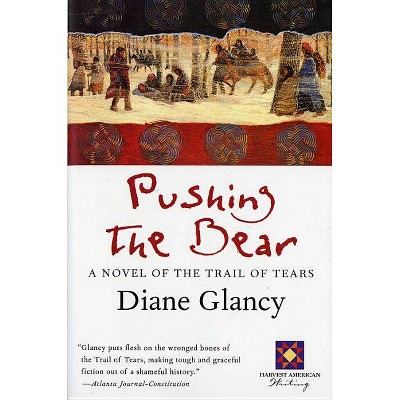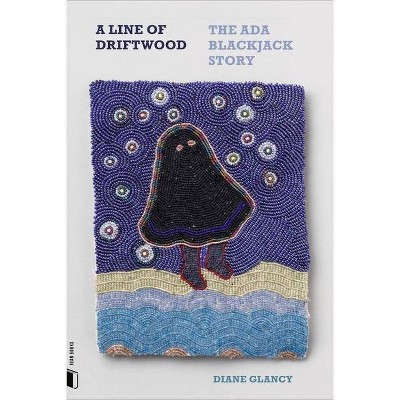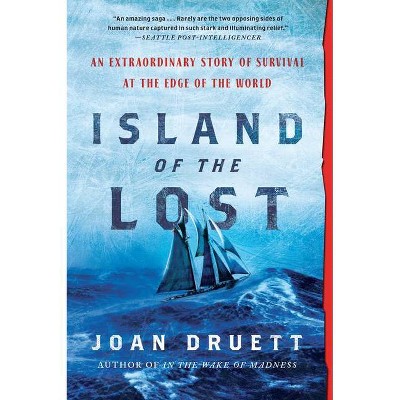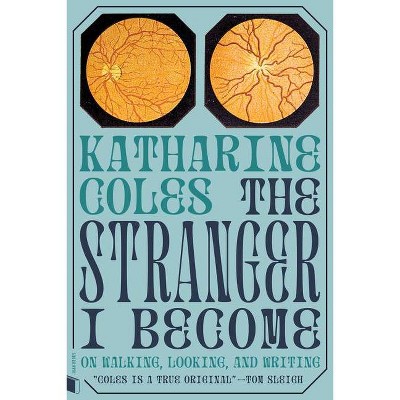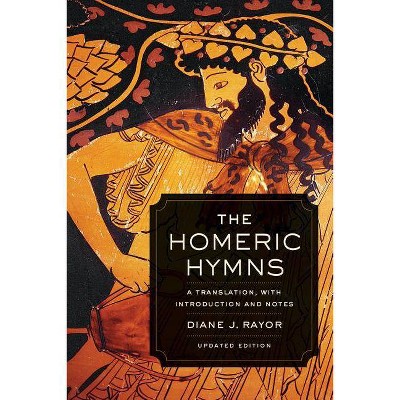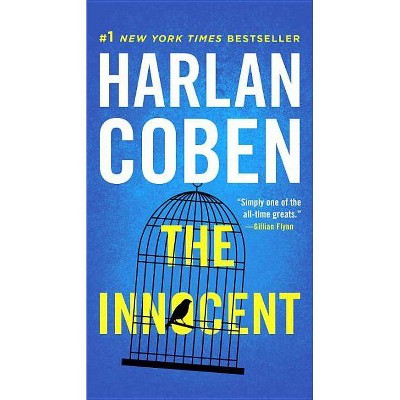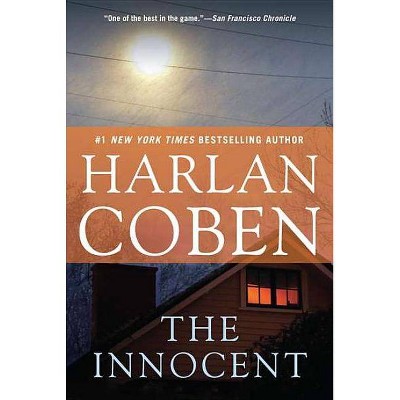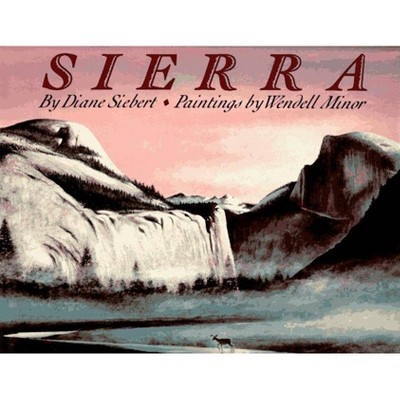Island of the Innocent - (Joan Books) by Diane Glancy (Paperback)
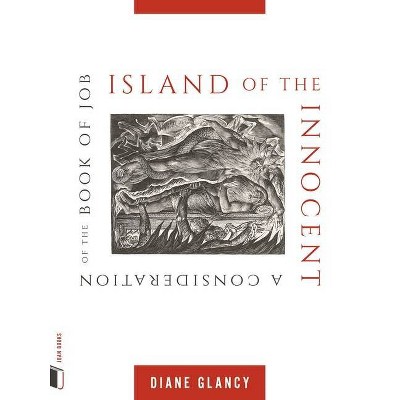
Similar Products
Products of same category from the store
AllProduct info
<p/><br></br><p><b> About the Book </b></p></br></br><p><em><strong>Award-winning poet Diane Glancy's radical approach to the perennial mystery of suffering takes the trials of Job--the just man unjustly punished--into the New World.</strong></em></p><p/><br></br><p><b> Book Synopsis </b></p></br></br><p><strong>A <em>New York Times Book Review</em> New & Noteworthy Selection.</strong></p> <p><strong>"A moving testament to the creative act of enduring.--<em>Foreword Reviews</em>, starred review</strong></p> <p><strong>What bounty to have Glancy's great art erupt once more. --Spencer Reece, author of <em>The Clerk's Tale</em> and <em>The Road to Emmaus</em></strong></p> <p><strong>Every classic text should be so fortunate. --Mark Larrimore, author of <em> The Book of Job: A Biography </em></strong></p> <p>There is much mystery surrounding the Book of Job. Who was he? Where was he? What prompts Job's comforters to accuse him of wrong-doing as the cause of his suffering? When were Job's words written? How did Job's wife endure her husband's ordeals? And who is innocent among us?</p> <p><em>Island of the Innocent</em>'s narrative dramatizes how the way one looks at something shapes and changes what is seen. Voices of the trials of the Native American interject themselves into the text. There is Custer riding toward the Little Bighorn. There is a Native American doll in a museum, taken from a battlefield in western Nebraska after the massacre of Ash Hollow. There is Job, sitting in his yard chair in discomfort, among the falling leaves and his three friends.</p> <p>And finally, Jehorah. Only Diane Glancy could create the missing story of Job's wife, unsilencing this biblical character and endowing her suffering with meaning. Here is Jehorah in Job's Wife: </p> <p> </p> <p>What next? What next?--I wrote <br />in my book of sorrows. I keep a journal asking <br />God what he is doing. Once I start it's hard to stop. <br />I was expecting more boils on Job. More death--<br />more ever-ready friendly visits. But after them-- <br />who was left?-- I ask you. where is my broom? <br />My head? My battle-ax?</p><p/><br></br><p><b> Review Quotes </b></p></br></br><br><p><strong>Reviews: </strong></p> <p>"The liberty [Glancy] takes in form and content is ambitious, and it pays off." --<strong><em>The Corresponder</em>, Minnesota State University</strong></p> <p>"Island of the Innocent is a grand work of midrash on the Book of Job. Inclusive, maximal, multifaceted, this is an expansive poetics, along the lines of Whitman, Ginsberg, or Alice Notley." --<strong>Dan Alter, <em>Heavy Feather Review</em></strong></p> <p>Glancy uses poetry and prose to filter the Book of Job through the stories of Native Americans and other marginalized groups.--<strong><em>The New York Times Book Review</em></strong></p> <p>"A moving testament to the creative act of enduring, Glancy's hybrid collection emphasizes the shadow speak of history, memory, and trauma as legacy."--<strong><em>Foreword Reviews</em>, starred review</strong></p> <p><strong>Praise: </strong></p> <p>"The Book of Job, too often flattened into simplistic soundbites, demands extended dialogic engagement. Diane Glancy's exquisite 'consideration' does this and more, teasing new relevance, new stories, and new questions out of the text. Refracted through Indian history and the words Glancy finds for Job's neglected companion--words so carefully weighed some need to be newly invented - her book of Job proves a hacienda of solace of a more complex kind. Every classic text should be so fortunate."--<strong>MARK LARRIMORE, author of <em>The Book of Job: A Biography</em></strong></p> <p>"Glancy picks up Job's poetry as found speech and finds it gives voice to the suffering of Native Americans who know what it feels like to have everything taken by a whirlwind and wonder what sort of God is behind it. This strange, marvelous book is like a flare sent across history from ancient Uz, illuminating what has long been enshadowed, including corners of our own souls. Unforgettable."--<strong>JAMES K.A. SMITH, author of <em>On the Road with Saint Augustine</em></strong></p> <p>"Christianity and the Native American are rarely found harmoniously in the same sentence, let alone the same poem. Yet Diane Glancy's sensibility . . . makes her sui generis, allowing her to explore and write around these two subjects until they sing. With the poems and hybrid essays in Island of the Innocent, she's once again drawn the reader into her unusual mind. What bounty to have Glancy's great art erupt once more. --<strong>SPENCER REECE, author of <em>The Clerk's Tale</em> and <em>The Road to Emmaus</em></strong></p> <p>Strange and sublime. In these lines, a magic both biblical and quotidian unfurls.--<strong>DIANE SEUSS, author of <em>Still Life with Two Dead Peacocks and a Girl</em></strong></p><br><p/><br></br><p><b> About the Author </b></p></br></br><p><strong>Diane Glancy</strong> is a poet, novelist, essayist, playwright, and professor emeritus at Macalester College. Her works have won the Pablo Neruda Prize for Poetry, the 2016 Arrell Gibson Lifetime Achievement Award from the Oklahoma Center for the Book, the 2014 Lifetime Achievement Award from the Native Writers' Circle of the Americas, the 2003 Juniper Prize for Poetry for <i>The Primer of the Obsolete</i>, and the 1993 American Book Award for <i>Claiming Breath</i>.</p> <p>In 2018, <em>Publishers Weekly</em> named her book <em>Pushing the Bear: A Novel of the Trail of Tears</em> one of the ten essential Native American novels. Glancy's work reflects her European and Native-American descent, and frequently depicts both Native American and non-Native characters.</p> <p>Her latest work, <em>Island of the Innocent: A Consideration of the Book of Job</em>, continues and deepens her lifelong exploration of the religious and cultural dimensions of identity, both personal and collective. Her most recent books are <em>It Was Over There by That Place</em> (The Atlas Review Chapbook Series) and <em>The Book of Bearings</em> (Wipf and Stock).</p> <p>Glancy divides her time between Kansas and Texas.</p> <p> </p>
Price History
Cheapest price in the interval: 13.89 on October 22, 2021
Most expensive price in the interval: 13.89 on November 8, 2021
Price Archive shows prices from various stores, lets you see history and find the cheapest. There is no actual sale on the website. For all support, inquiry and suggestion messages communication@pricearchive.us
